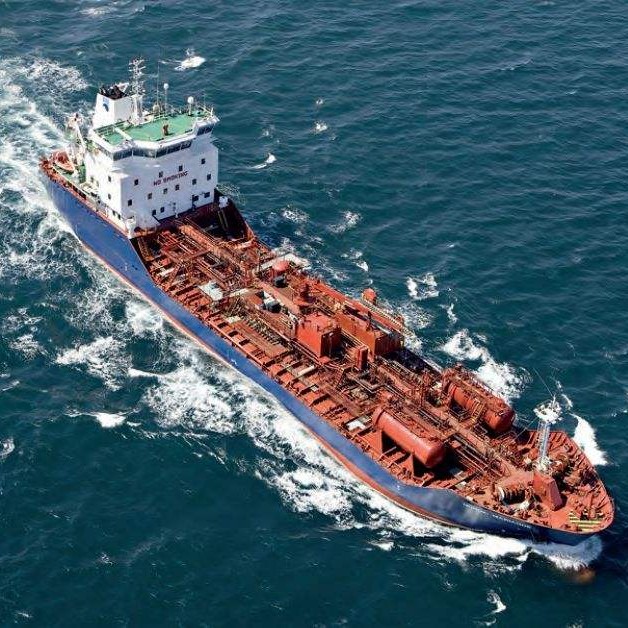
-
 Afrikaans
Afrikaans -
 Albanian
Albanian -
 Amharic
Amharic -
 Arabic
Arabic -
 Armenian
Armenian -
 Azerbaijani
Azerbaijani -
 Basque
Basque -
 Belarusian
Belarusian -
 Bengali
Bengali -
 Bosnian
Bosnian -
 Bulgarian
Bulgarian -
 Catalan
Catalan -
 Cebuano
Cebuano -
 China
China -
 China (Taiwan)
China (Taiwan) -
 Corsican
Corsican -
 Croatian
Croatian -
 Czech
Czech -
 Danish
Danish -
 Dutch
Dutch -
 English
English -
 Esperanto
Esperanto -
 Estonian
Estonian -
 Finnish
Finnish -
 French
French -
 Frisian
Frisian -
 Galician
Galician -
 Georgian
Georgian -
 German
German -
 Greek
Greek -
 Gujarati
Gujarati -
 Haitian Creole
Haitian Creole -
 hausa
hausa -
 hawaiian
hawaiian -
 Hebrew
Hebrew -
 Hindi
Hindi -
 Miao
Miao -
 Hungarian
Hungarian -
 Icelandic
Icelandic -
 igbo
igbo -
 Indonesian
Indonesian -
 irish
irish -
 Italian
Italian -
 Japanese
Japanese -
 Javanese
Javanese -
 Kannada
Kannada -
 kazakh
kazakh -
 Khmer
Khmer -
 Rwandese
Rwandese -
 Korean
Korean -
 Kurdish
Kurdish -
 Kyrgyz
Kyrgyz -
 Lao
Lao -
 Latin
Latin -
 Latvian
Latvian -
 Lithuanian
Lithuanian -
 Luxembourgish
Luxembourgish -
 Macedonian
Macedonian -
 Malgashi
Malgashi -
 Malay
Malay -
 Malayalam
Malayalam -
 Maltese
Maltese -
 Maori
Maori -
 Marathi
Marathi -
 Mongolian
Mongolian -
 Myanmar
Myanmar -
 Nepali
Nepali -
 Norwegian
Norwegian -
 Norwegian
Norwegian -
 Occitan
Occitan -
 Pashto
Pashto -
 Persian
Persian -
 Polish
Polish -
 Portuguese
Portuguese -
 Punjabi
Punjabi -
 Romanian
Romanian -
 Russian
Russian -
 Samoan
Samoan -
 Scottish Gaelic
Scottish Gaelic -
 Serbian
Serbian -
 Sesotho
Sesotho -
 Shona
Shona -
 Sindhi
Sindhi -
 Sinhala
Sinhala -
 Slovak
Slovak -
 Slovenian
Slovenian -
 Somali
Somali -
 Spanish
Spanish -
 Sundanese
Sundanese -
 Swahili
Swahili -
 Swedish
Swedish -
 Tagalog
Tagalog -
 Tajik
Tajik -
 Tamil
Tamil -
 Tatar
Tatar -
 Telugu
Telugu -
 Thai
Thai -
 Turkish
Turkish -
 Turkmen
Turkmen -
 Ukrainian
Ukrainian -
 Urdu
Urdu -
 Uighur
Uighur -
 Uzbek
Uzbek -
 Vietnamese
Vietnamese -
 Welsh
Welsh -
 Bantu
Bantu -
 Yiddish
Yiddish -
 Yoruba
Yoruba -
 Zulu
Zulu
'corrosion-resistant fiberglass for enduring durability.'
Corrosion-Resistant Fiberglass for Enduring Durability
In today's world, where durability and longevity are paramount, the demand for advanced materials that can withstand harsh environmental conditions is constantly rising. One such innovative material is corrosion-resistant fiberglass, which has gained significant attention across various industries due to its remarkable properties and versatility.
Corrosion-resistant fiberglass is engineered to endure the damaging effects of moisture, chemicals, and extreme weather conditions. This makes it an exceptional choice for applications in industries such as marine, construction, automotive, and chemical processing. Unlike traditional materials like steel or aluminum, fiberglass does not rust or corrode, leading to longer life spans and reduced maintenance costs.
The unique composition of fiberglass, which consists of glass fibers embedded in a resin matrix, contributes to its corrosion resistance. This composite material can be formulated with specific resins to enhance its performance against specific corrosive agents. For instance, vinyl ester and epoxy resins are commonly used to create fiberglass products that can withstand acidic or alkaline environments, making them ideal for use in chemical storage tanks and pipelines.
Moreover, fiberglass is lightweight yet incredibly strong, providing a unique advantage over heavier materials. This property not only aids in ease of handling during installation but also contributes to lower transportation costs. In the construction industry, for instance, using corrosion-resistant fiberglass for structural components can result in significant savings over time, as it reduces the need for frequent repairs and replacements.
'corrosion-resistant fiberglass for enduring durability.'

In marine applications, the use of corrosion-resistant fiberglass is particularly advantageous. Boats and other marine vessels constructed with this material can resist the harsh effects of saltwater and UV exposure, which often lead to quicker deterioration in traditional materials. This durability translates to enhanced safety and reliability for marine operations, making fiberglass a preferred choice among shipbuilders and boat manufacturers.
Additionally, the aesthetic flexibility of fiberglass allows for a wide range of finishes and colors, enabling designers and architects to create visually appealing structures that do not compromise on durability. This combination of functionality and beauty has further increased its popularity in architectural applications, where both performance and design are crucial.
Despite its numerous advantages, it is essential for users to consider the environmental impact of fiberglass production. As industries move toward more sustainable practices, developing eco-friendly resins and recycling methods for fiberglass products is becoming a priority. Initiatives to improve the lifecycle of these materials will ensure that they can continue to provide superior corrosion resistance without compromising environmental integrity.
In conclusion, corrosion-resistant fiberglass represents a significant advancement in material science, providing enduring durability for a multitude of applications. Its ability to resist corrosion, combined with its lightweight nature and aesthetic versatility, makes it an invaluable resource across many sectors. As technology continues to evolve, the potential for enhancing the properties and sustainability of fiberglass will undoubtedly pave the way for even more innovative uses in the future.









